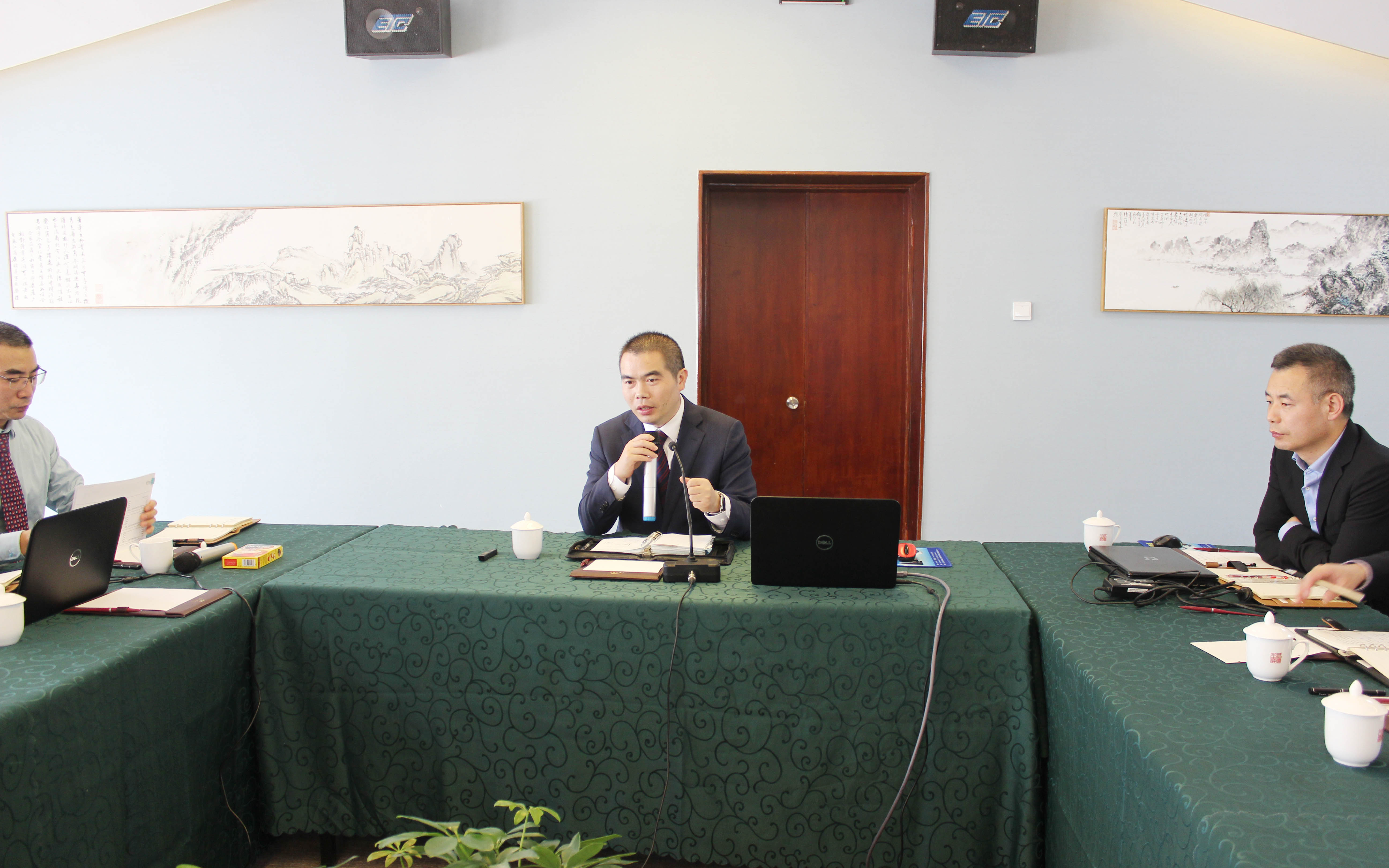
"Three board axes" for first-line managers to manage people
During the morning assembly on March 14th, Mr. Wang had a discussion with representatives of management team in regard to putting "three treasures" of OUHAI into practice. After experience sharing from several production managers, Mr. Wang set requirements for carrying forward "three treasures".
First-line managers are the foundation of enterprise implementation and management, as well as the guarantee of OUHAI development. No matter how good the enterprise strategy and planning are, how scientific and perfect the system and process are, first-line managers need to grasp and implement them, supervise all the workers implementing them at the same time hence first-line managers are the vital pillar of enterprise development. We must focus on their execution as well as consolidate it. In the process of implementing the "three treasures", we are supposed to do the following:

First of all, training is the premise of implementation. OUHAI has always wanted to advocate the use of culture to train people. Company is not only a place for production, but also for training. As a manager, we should not only manage people, but also take on the responsibilities of trainer to train employees to work and behave in an orderly manner. Let employees become qualified and excellent Ouhainese though trainings. In terms of training, we should teach employees what to do, how to do, and how much to do to be qualified. At the same time, we should instruct the employees to meet standards of enterprise systems such as 6S management, code of conduct, attendance discipline and quality requirements. We should put the training work into practice specifically and avoid empty talk.
Secondly, supervision is set for better implementation. It is a method used under circumstan-ces that employees lose conscious awareness of implementation or behavior habits. It plays a subsidiary role in execution power enhancement. In the daily work, first-line managers are in the front line of production, just as the commander in the front line of battlefield who can see the enemy and hear the artillery. They should pay attention to and check whether the performance, discipline and hygiene of employees meet the standards. When the behaviors that aren’t up to standard are found, it shall be corrected and instructed on the spot and by the person in charge. Through supervision, managers are able to encourage employees to cultivate good habits and executive awareness, to avoid inertia and arbitrary attitude in order to become bridle-wise industrial workers.
Thirdly, assistance helps to build better execution. Besides training and supervision, assistance is the most significant task for our manager which is about assisting employees in carrying out tasks assigned by the company more efficiently. Managers in charge of separate units should help those employees improve their skills and overcome the weaknesses. There will be more or less deviation in the implementation process, and managers need to assist and correct from the side to make sure that every single employee can do things according to the requirements.
In the end, Mr. Wang stressed that the relationship between the department and production should be megamerger, not opposite. The establishment of departments and the improvement of system within company do not mean to weaken the production, but aim to make the production more smoothly under perfect system so as to achieve strong combination. For example, having other departments does not mean that 6S management, personnel management, quality control and logistics management are unnecessary, but to make these management more professional. First-line employees are not only the beneficiaries of OUHAI corporate culture, but also the practitioners of corporate philosophy. As first-line managers who directly contact and manage employees, their working attitude determines the degree of practice of our "three treasures" in Ouhai. Therefore, we hope that all the managers carry out "three treasures" with a mission.
"Three treasures" is not a slogan but every bit reflected in the daily performance and habits of employees. Only when the enterprise culture is internalized into the heart of employees, can it be solidified in the enterprise system and finally displayed on enterprise.